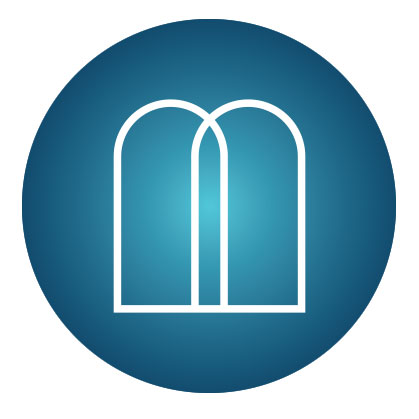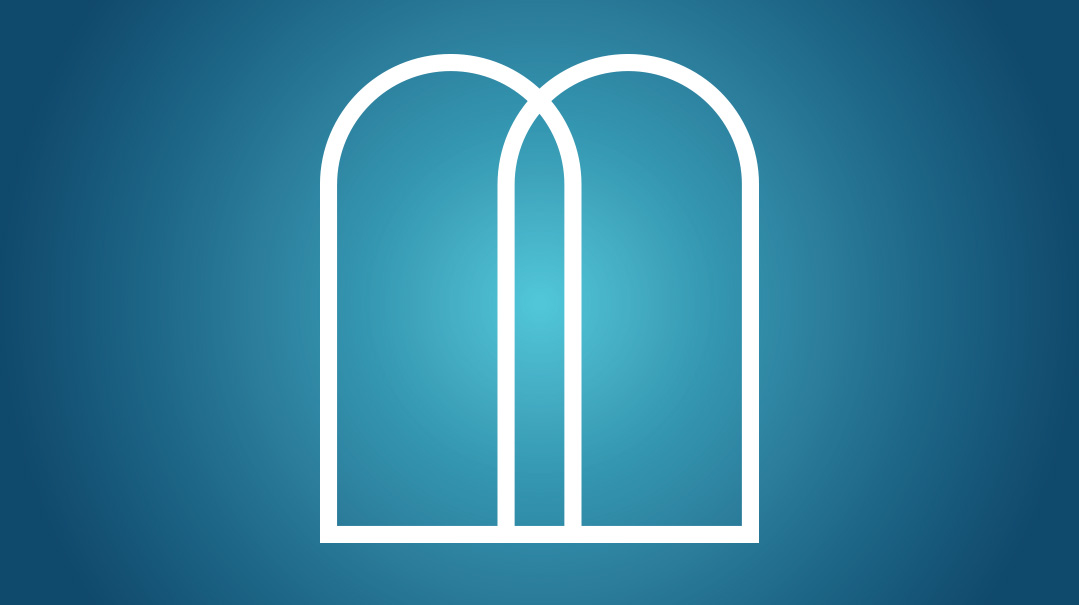Moving Muktzeh

The halachos of muktzeh are suspended when it comes to moving repulsive items (graf shel re’ii)

Prepared for print by Faigy Peritzman
On Friday night, I went to take out the dessert from the freezer and saw that a package of raw meat had accidentally been placed on top of the dessert pan. What can I do?
Your question assumes that raw meat is muktzeh (which is debatable), and that the dessert pan below, which “supports” the package of raw meat is, therefore, a base — bosis — which also may not be moved (even if for some reason the muktzeh item is no longer present).
In this case, the dessert pan doesn’t become a bosis for two reasons: 1) A base can only become a bosis if the muktzeh item was intentionally placed on it; in your case it was placed accidentally. 2) Even intentionally placing the meat on the pan wouldn’t render it a bosis, since the pan isn’t “supporting” the meat package; the package is actually being “supported” by the freezer rack directly below the dessert pan.
Either way, since the pan isn’t a bosis, you can carefully lift the pan in a manner that will allow the meat package to slide off onto the freezer rack, without touching the meat package with your hands, and then remove the dessert pan from the freezer.
I use my cell phone as an alarm clock on Shabbos. May I move it if the ringing is bothering me?
A standard flip phone isn’t a delicate item and is classified as a kli she’melachto l’issur —Limited Muktzeh — which means that it may be moved directly if it’s being moved for “a permissible activity.” It is, therefore, permitted to directly move the phone if the ringing is bothering you (assuming that no light or display is activated by the move).
I was in a big rush on Erev Shabbos and left the aluminum foil roll right in the middle of my counter. May I move it if it’s really in the way? Do I have to move it with a shinui?
A roll of aluminum foil is classified as muktzeh machmas gufo — Absolute Muktzeh — since it can’t be used in any permissible way on Shabbos, and may not be directly moved for any reason, even if it’s really in the way. But it’s permitted to move any muktzeh item indirectly, so you may shove the foil with your elbow or the back of your hand until it’s no longer in your way.
I bought a huge floral arrangement for my table on Shavuos. I plan on moving it to make more room for the guests we’re having for the day meal. Is this an issue?
In most cases this would present no issue since a flower arrangement isn’t muktzeh. It’s permitted to move cut flowers that are in a vase of water on Shabbos (as opposed to a plant, which is considered Absolute Muktzeh). The only exception might be when all or some of the flower buds are still completely closed (not yet in full bloom), and moving them may hasten the opening of the buds. Still, as long as the vase is moved slowly and gently, it’s permitted to move the flowers in a direct manner.
After lichtbentshen, I saw a loose battery on the floor. May I move it since this is dangerous for my toddler?
Kick it with your foot to a place where it can’t be reached by children. If that isn’t feasible, then pick up the battery and put it away.
Is it permitted to lean on a car or a different muktzeh item if I’m not moving it?
It’s only forbidden to move muktzeh; it isn’t forbidden to touch muktzeh when doing so will not move the item. Although when one leans their body heavily on a car, the car may move in place, that would be considered “indirect movement — tiltul begufo,” which isn’t forbidden.
May I take the garbage bag out of the bin after the seudah and leave it outside the front door until my son takes it out?
A garbage bag that needs to be taken out from the kitchen area on Shabbos, either because it’s overflowing or because it smells, is permitted to be removed and taken directly to the outside garbage bin. This is permitted because such a garbage bag in the kitchen is considered repulsive, and the halachos of muktzeh are suspended when it comes to moving repulsive items (graf shel re’ii). But once you remove the bag from the kitchen and leave it outside the front door, it’s no longer considered repulsive (unless it would be attacked by animals), and thus the bag will need to remain outside until the end of Shabbos.
When I clear the table, I scrape the plates before stacking them to take to the kitchen. I recently had a guest who said that what was left on the plates is muktzeh, and I may not move it. Is she correct?
Most of the time, leftovers aren’t considered muktzeh, since there is usually some actual food left over on the plate, even though you’re not planning to eat it. Even in the atypical case where there is absolutely no food left over on the plate (such as a chicken bone that has been completely stripped of any chicken), it’s still permitted to scrape the plates based on the previously mentioned principal that the halachos of muktzeh are suspended when it comes to the removal of repulsive items.
We needed to take our baby to urgent care last Shabbos, which is walking distance within the eiruv, but I wasn’t sure if I was allowed to bring along ID and/or insurance information. If I am allowed to, can I bring them home again afterward?
Although documents are considered muktzeh, it’s permitted for you to bring them along because otherwise your baby will not receive the urgent care she requires. You should avoid bringing these documents back home, but if there is no safe place where these documents can remain until after Shabbos, you may ask the nurse to place the documents in the baby’s carriage and then you can take them home along with the baby.
May my children play in the sandbox in the park on Shabbos?
Sand in a sandbox isn’t muktzeh since the sand is designated for playing. If the sand is completely dry and any holes dug in it will immediately collapse, then there is no issue of choreish, and it’s permitted.
I recently took professional pictures of my kids and framed and hung my favorite picture. When my sister came by on Shabbos afternoon, I wanted to take the picture down to show her, but she said it isn’t allowed.
Your sister was referring to a minority opinion among the poskim (contrary to the opinion of Rav Moshe Feinstein), which rules that a framed picture hanging on the wall, and is never removed, is considered muktzeh. In your case, however, all opinions would agree that it’s permitted to take down the pictures, since it appears that you do sometimes remove the pictures to show to friends and family, and in such a case, all would agree that the pictures aren’t muktzeh.
(Originally featured in Family First, Issue 897)
Oops! We could not locate your form.


